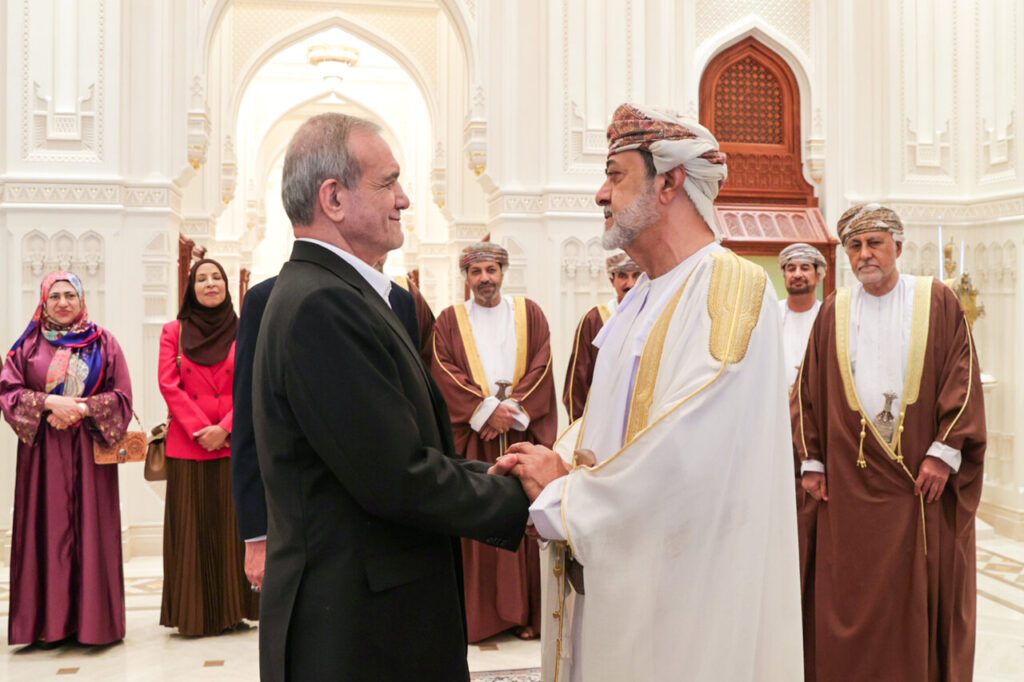Tehran – Five Iranian presidents have visited Oman six times over the course of about 20 years, while the Omani Sultan has visited Iran three times. Of course, Iran and Iman have historical roots, but the relationship between Iranian Islamic Republic and the Oman sultan gained momentum in the early 1980s and steadily made progress towards strengthening the ties.
Various global, regional and domestic upheavals have not disrupt this trajectory today, as long as both countries can be considered strategic partners.
The close political cooperation between Iran and Oman has been no secret lately. But this seems to be just the tip of the iceberg. This is likely to remain private, and two major shocks that addressed Netanyahu during secret negotiations between Iran and the US suggest that Oman could advance political projects on a global or regional scale during Yemen consultations with the US.
On the Arabian Peninsula, Oman refers to partners and even allies across regions, ranging from structural factors such as religious isolation, geography and civilization. Similarly, Iran is looking for reliable, unshakable companions in the area. Both countries have recognized these points and are led by their own foreign policy doctrines, gradually moving from their original lukewarm relationships to strategic cooperation over the past 40 years.
Today, Iran and Oman’s Islamic Republics are in line with basic policies such as preventing Israel’s influence in the region, resisting schemes to distribute to Western Asia, countering extremism, promoting endogenous regions, promoting peace and stability, promoting coexistence, and respecting national sovereignty. Relying on these principles, Iran and Oman have supported Palestine, both in Yemen and in opposition to Israeli influence in various cases, prevent regional tensions, and have cooperated widely in the region, whether they oppose unilateral intervention by Western countries.
In this context, other military, economic and social sectors have also seen increased progress, but that level of engagement is not yet consistent with the level of political relations. High-level military agreements have been signed and joint exercises are being conducted, but this cooperation needs to evolve to harness the technical capabilities of both sides, especially to share expertise in combating Iran’s arms exports and Israeli influence.
Economically, despite significant growth over the past decade, Oman is not one of Iran’s top five trade and economic partners, and Iran does not hold such a position in Oman. The sector has fallen behind political ties despite the attention of leaders of both countries. Strengthening economic ties will further strengthen relations between Iran and Iman.
In the realm of public diplomacy, decisions and actions must be made to bring these two Muslims, anti-Zionists, and resilient countries closer together. Today, Iranians and Omani people are more united than ever before, especially in their denunciation and resistance to Israel.

